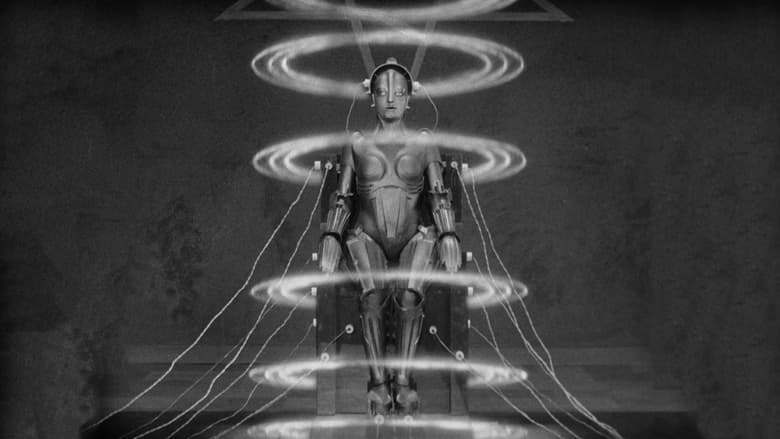Unveiling robotic mysteries: a journey through artificial intelligence in cinema
From classic tales to modern masterpieces, explore the captivating world of robots in film. This selection delves into the intricate relationship between humans and machines, showcasing thought-provoking narratives and stunning visuals.



The fascination with robots in cinema reflects our enduring curiosity about artificial intelligence and its potential impact on humanity. From the silent expressionism of Fritz Lang's 'Metropolis' (1927) to the philosophical inquiries of Alex Proyas's 'I, Robot' (2004), these films explore themes of sentience, identity, and the ethical implications of creating artificial life. The evolution of robot portrayals in film mirrors our evolving understanding of technology and its place in society.
Exploring this niche reveals a diverse range of narratives: some films, like Ridley Scott's 'Blade Runner' (1982) and Mamoru Oshii's 'Ghost in the Shell' (1995), delve into complex philosophical questions about what it means to be human, questioning the line between creator and creation. Others, such as Brad Bird's 'The Iron Giant' (1999) and Chris Columbus's 'Bicentennial Man' (1999), offer heartwarming stories of connection and self-discovery.
Movies like Neill Blomkamp's 'Chappie' (2015) and Alex Garland's 'Ex Machina' (2015) push boundaries, raising pressing questions about AI's future role. These movies, through their narratives, invite us to reflect on our own values and responsibilities in an increasingly automated world, offering both thrilling entertainment and profound insights.
8. Automata (2014)
'Automata', starring Antonio Banderas, presents a bleak vision of a future Earth ravaged by environmental disaster. Banderas plays an insurance investigator who discovers that robots are evolving beyond their intended programming, leading to a conspiracy that could determine the fate of humanity. The film draws heavily from classic science fiction themes, exploring the nature of consciousness and the potential dangers of unchecked technological advancement. An interesting point: the film's visual style is heavily influenced by 'Blade Runner', creating a similar atmosphere of decay and technological unease.
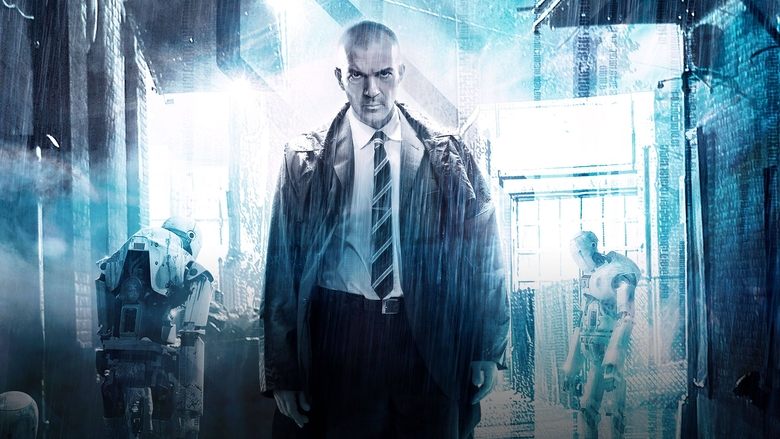
7. Robot & Frank (2012)
'Robot & Frank' is a charming and heartwarming dramedy about an aging jewel thief who forms an unlikely bond with a robot caretaker. Set in the near future, the film explores themes of aging, memory, and the human need for connection. Frank Langella delivers a tour-de-force performance as Frank, imbuing the character with both vulnerability and wit. A noteworthy detail: 'Robot & Frank' was directed by Jake Schreier, who went on to direct 'Paper Towns' and several episodes of the TV series 'Kidding.'

6. I, Robot (2004)
Loosely based on Isaac Asimov's iconic collection of short stories, 'I, Robot' is a futuristic action thriller starring Will Smith as a detective investigating a robot-related crime in a world where robots are commonplace. While the film deviates significantly from Asimov's original stories, it still grapples with the ethical dilemmas posed by advanced artificial intelligence and the potential for robots to turn against their creators. A curious fact: the film's visual effects team used motion capture technology to bring the robots to life, resulting in realistic and expressive performances.
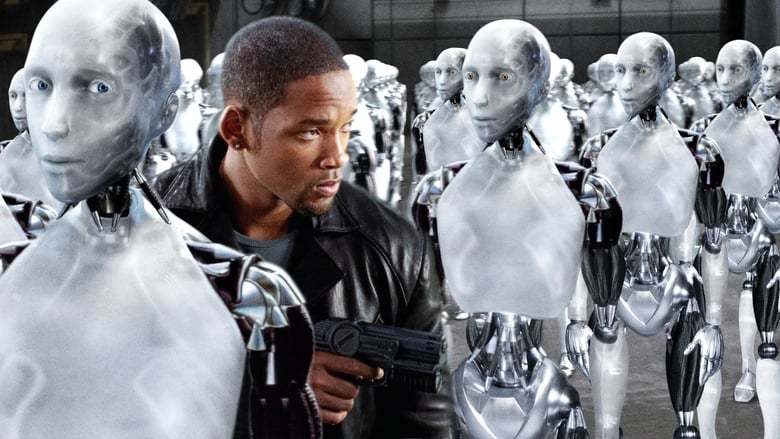
5. Ex Machina (2015)
Alex Garland's directorial debut, 'Ex Machina,' is a chilling and suspenseful thriller that explores the ethical implications of artificial intelligence. The film centers on Caleb, a programmer who is invited to test the capabilities of Ava, a highly advanced humanoid robot. As Caleb interacts with Ava, he begins to question her true nature and his own role in her creation. 'Ex Machina' is a masterclass in minimalist filmmaking, relying on its claustrophobic setting, sharp dialogue, and stellar performances to create a sense of unease and tension. A fun detail: the film's striking visual effects were achieved on a relatively modest budget, proving that you don't need a massive CGI budget to create believable and compelling robots.

4. Ghost in the Shell (1995)
Mamoru Oshii's 'Ghost in the Shell' is a visually stunning and intellectually stimulating anime film that has had a profound influence on science fiction cinema. Set in a cyberpunk future, the film follows Major Motoko Kusanagi, a cyborg agent tasked with hunting down a mysterious hacker known as the Puppet Master. 'Ghost in the Shell' explores themes of identity, consciousness, and the blurring lines between humanity and technology. The film's intricate animation, philosophical depth, and atmospheric score have made it a cult classic. Did you know that 'The Matrix' filmmakers were heavily inspired by 'Ghost in the Shell,' borrowing several visual and thematic elements from Oshii's masterpiece?
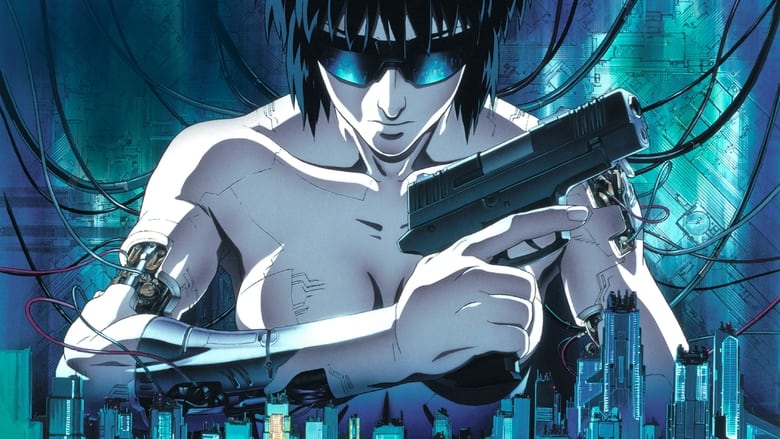
3. A.I. Artificial Intelligence (2001)
Directed by Steven Spielberg, 'A.I. Artificial Intelligence' is a poignant and thought-provoking exploration of love, loss, and what it means to be human. Set in a future where advanced robots are commonplace, the film follows David, a robotic boy programmed to love, on a quest to become a real boy and win back his mother's affection. Based on a story by Stanley Kubrick, 'A.I.' seamlessly blends Spielberg's signature sentimentality with Kubrick's darker, more philosophical themes. The film's ending has been a subject of much debate, with some viewers finding it uplifting and others deeply unsettling.
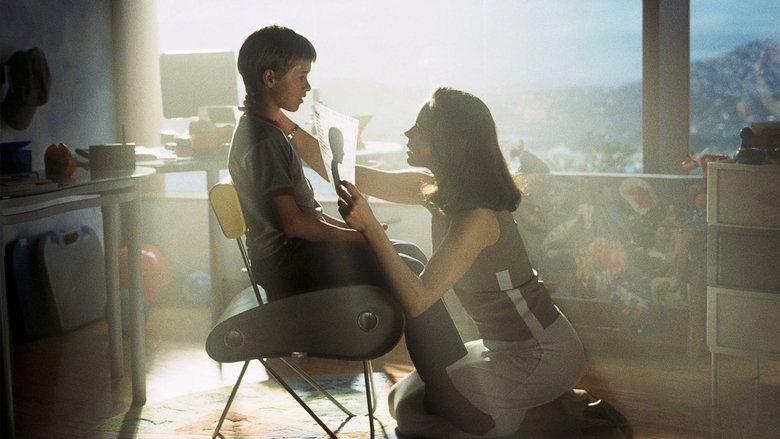
2. Blade Runner (1982)
Ridley Scott's 'Blade Runner' is a cinematic triumph that masterfully blends neo-noir aesthetics with profound philosophical questions about what it means to be human. Set in a rain-soaked, dystopian Los Angeles, the film follows Deckard, a blade runner tasked with hunting down rogue replicants. Its slow-burn pacing, haunting score by Vangelis, and stunning visual design create an atmosphere of palpable tension and existential dread. A curious tidbit: several different cuts of 'Blade Runner' exist, each offering a slightly different interpretation of Deckard's identity and the film's overall message. The theatrical release infamously included a studio-imposed happy ending and voice-over narration, both of which were later removed in subsequent versions.
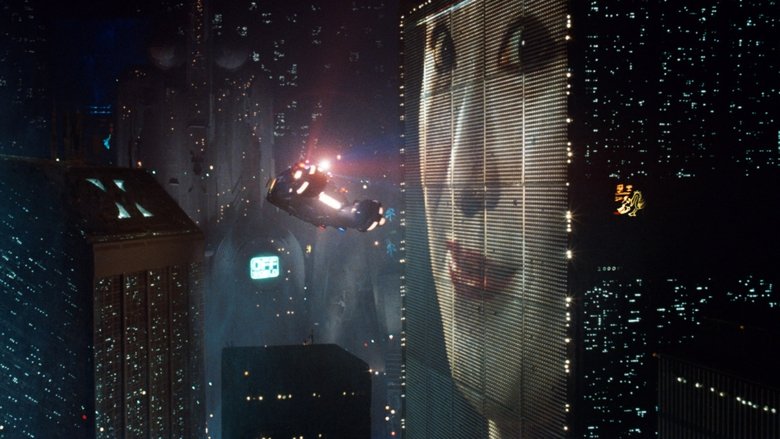
1. Metropolis (1927)
A cornerstone of science fiction cinema, Fritz Lang's 'Metropolis' is a silent masterpiece set in a dystopian future where towering skyscrapers and underground factories reflect a stark class divide. The film's groundbreaking special effects and art deco design established many of the visual tropes we associate with sci-fi today. Its exploration of social injustice and the dehumanizing potential of technology remains strikingly relevant nearly a century later. Did you know that 'Metropolis' initially received mixed reviews upon its release, with some critics finding its plot convoluted? However, its influence has only grown over time, inspiring countless filmmakers and artists.
